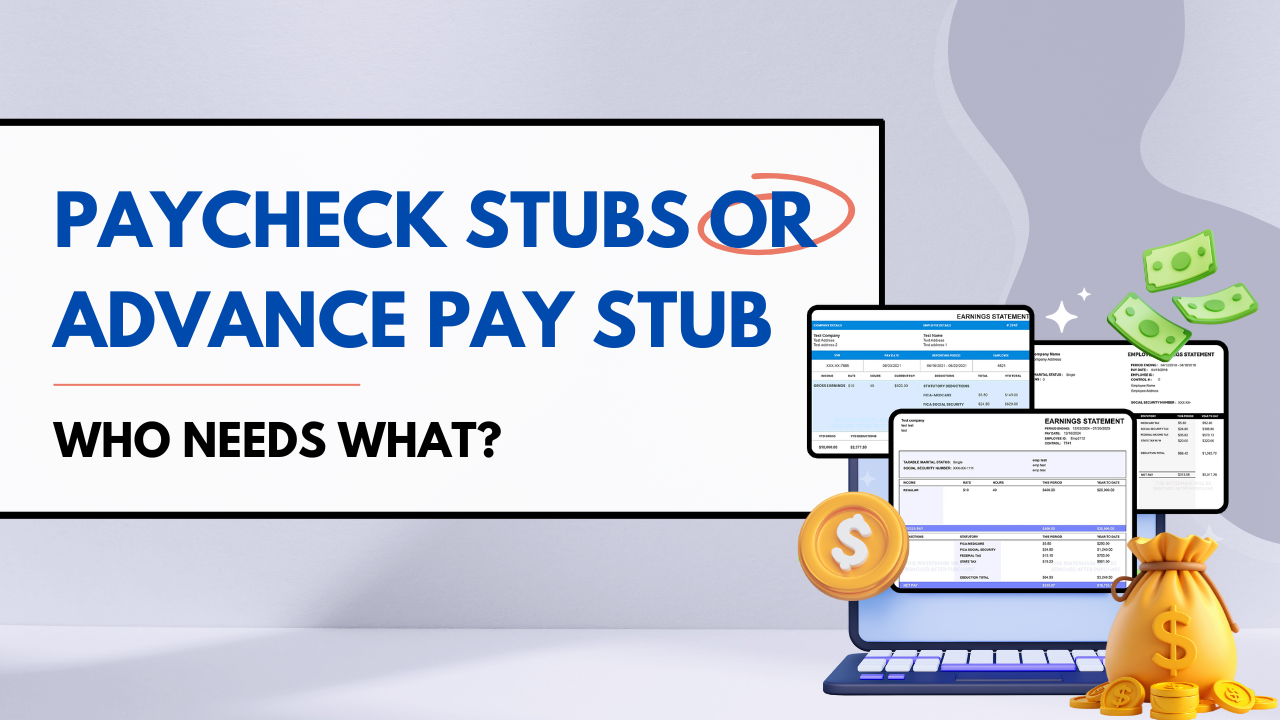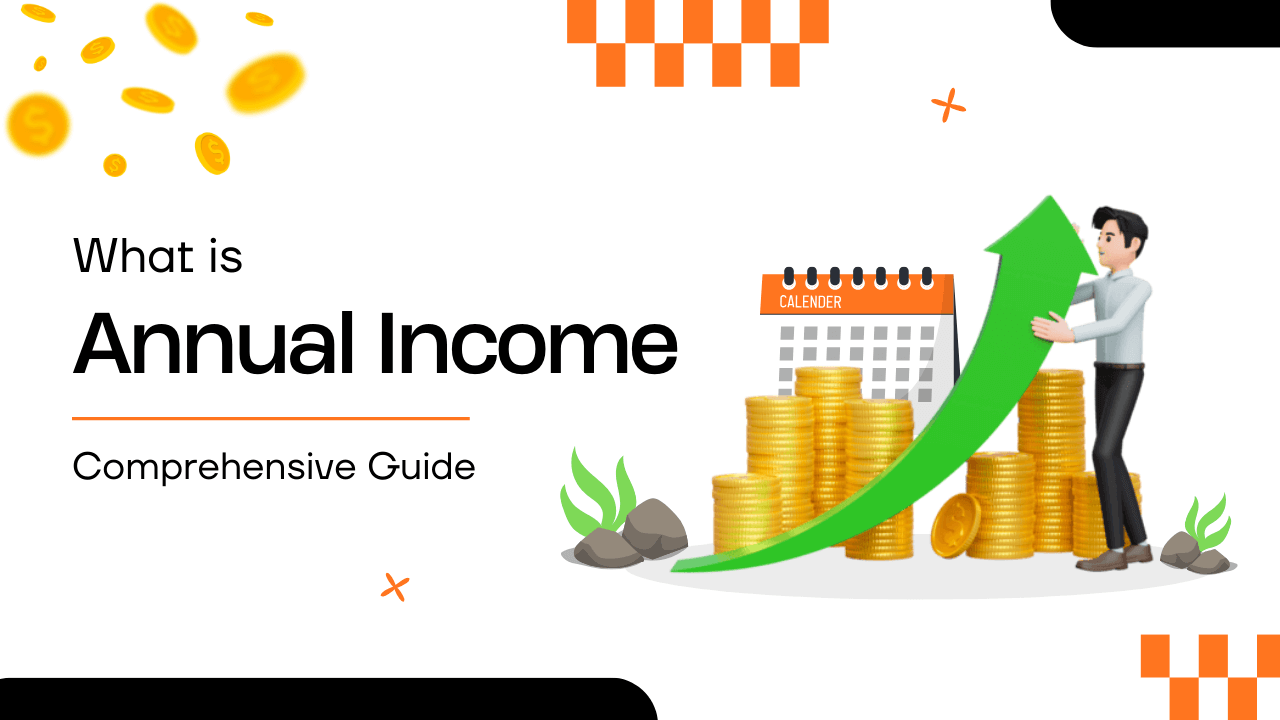Paycheck stubs are the most versatile accounting facilities you can avail yourself of online. The self-help free paystub maker is all you need, whether you want to make a basic or advanced pay stub online.
If you are already habituated to pay stubs online, then it is not a new thing for you. But what if you are attempting any paycheck stub maker for the first time? You might get confused about what you should choose.
Here is all you need to know: Should you create a pay stub with a simple generator or proceed with advanced pay stub making?
Simple paycheck stubs vs. Advance pay stubs
Before you proceed with any particular paycheck stub maker, you should know the basic difference between the two.
A simple pay stub generator is a tool that allows you to create pay stubs with the basic required details. You can also add fields manually, which is chargeable. This means that you can make a customized pay stub according to your needs. You can even apply the pay stub template you want.
Related Read: Why should you use Paycheck Stub Template?
You can even switch the pay stub calculator from basic to advanced by checking the “Advanced Pay Stub” box. You’ll just have to pay $2 extra if you wish to access advanced features. The main thing with this pay stub generator is that it is a legit tool if you have very few details and want to make a pay stub on the go. Once you enter the basic information and one amount, i.e., gross earnings, you’re all set.
In contrast, when you make paycheck stubs online using the advanced tool, you already have a mindset of reflecting pinpoint details on the pay stub.
Here, you don’t just enter gross earnings but enter every detail required. You have a sorted list of pay amounts, i.e., regular pay, overtime pay, holiday pay, vacation pay, bonus pay, and commission pay, which forms the gross pay. You may or may not fill in certain sections, as applicable. However, the tool will automatically calculate the deductions.
What is the similarity?
The accuracy and precision of the check stub maker remain the same. Also, there is no change in the three-step process to stub making. All you have to do is enter, preview, and print. That’s all. Moreover, the difficulty level is zero.
Making Right Pay Stub Generator Choice
How will you choose the right pay stub generator? Well, it depends on your usage. As mentioned above, if you want to be more specific and provide classified amounts to your employees, go for advance stubs. If you don’t want to go detail-specific, a simple pay stub maker is an easy choice.
It should be noted that there are no specific or defined rules requiring you to use only one paystub generator. You are free to use either of the two, depending on your requirements.
The main intention of creating stubs remains the same, and so does the reliability of the pay stub maker. Only the addition or deduction of details is witnessed.
So, how are you going to make paycheck stubs today?
Related Article: Free paystub generator: How does it make any company great in terms of payroll
FAQ's
What is a paycheck stub?
+
A paycheck stub is a document that outlines the details of an employee's pay for a specific pay period. It includes information such as gross pay, deductions, and net pay. Employers are required to provide employees with a paycheck stub for each pay period.
What is an advance pay stub?
+
An advance pay stub is a document that outlines the details of an employee's anticipated pay for a future pay period. It may be provided before the actual pay date to help employees plan their finances. However, it is not an official document and should not be used for official financial transactions.
What is the difference between a paycheck stub and an advance pay stub?
+
A paycheck stub provides details of an employee's actual pay for a specific pay period, while an advance pay stub provides details of an employee's anticipated pay for a future pay period. The paycheck stub is an official document that reflects the actual payment made to the employee, while the advance pay stub is not an official document and may not reflect any changes or adjustments that occur before the actual pay date.







